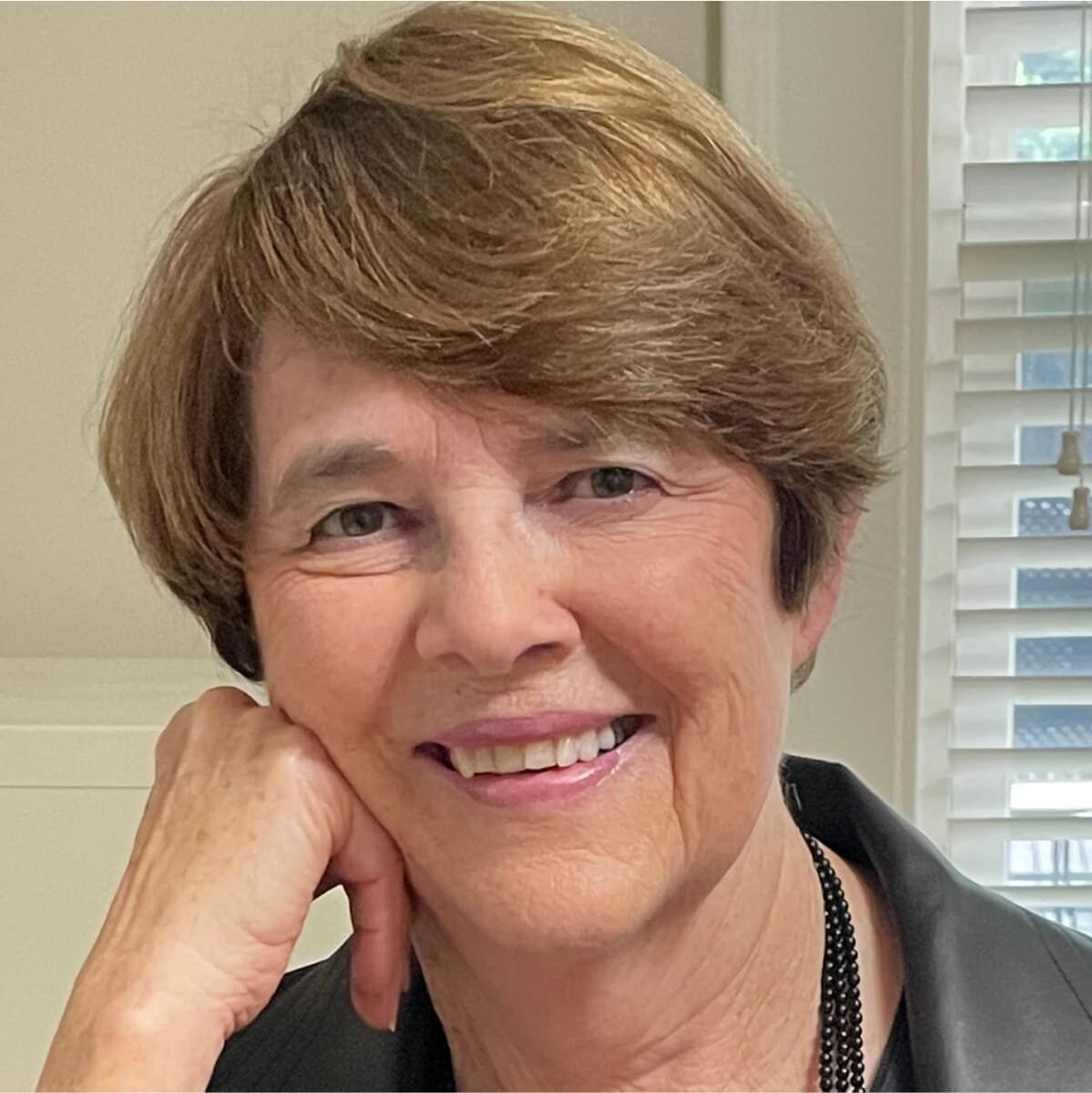
A Message Straight from the Heart
November 18, 2016
We recently observed national Domestic Violence Month, and, for a change, The Palmetto State received some (relatively) good news: We are no longer the deadliest state in the country for women murdered by men.
South Carolina is now #5, behind Alaska, Louisiana, Nevada, and Oklahoma, according to a report released three weeks ago by the Violence Policy Center.
That South Carolina has dropped to fifth place, after several shameful years of being #1 or #2, is not exactly like winning the lottery. But it does show we are making progress in addressing domestic violence in this state.
Gov. Nikki Haley has been among those leading the charge. In March, she signed new legislation that gives local law enforcement more tools to investigate domestic violence deaths in order to figure out where current laws and resources fell short. So now, each of the 16 judicial circuits in South Carolina has a committee to track cases of domestic violence on the local level and try to find solutions case-by-case. These new committees are in addition to the statewide Domestic Violence Fatality Review Committee created by the legislature in 2015.
In addition, South Carolina legislators approved $2.9 million this year in the state budget to hire additional prosecutors to handle domestic violence cases across the state. Domestic violence penalties were also strengthened.
But there is much more to be done. Come January, the General Assembly will have the chance to transform the much-criticized and fragmented support system for domestic violence victims into a comprehensive system that should actually work. This will happen if legislation is approved that would consolidate several crime victim service agencies under one entity (the Crime Victim Services Office) and under one umbrella (the office of the state Attorney General).
There is said to be broad bi-partisan support for the bill.
But if history is any guide, domestic violence will not end in our lifetimes, and this means that victims will continue to need help. And this help is available via a new website called safeplacesc.sc.gov.
This website, unveiled by Gov. Haley in May, is a centralized place of information and aid for domestic violence victims. Details about places and services available for domestic violence victims in each of South Carolina’s 46 counties can be accessed by the click of a mouse, or by calling 1-800-799-SAFE (7233).
In Richland County, for example, there is the estimable Sistercare Inc., which provides a 24-hour hotline, emergency sheltering, individual and group counseling, children’s counseling, court advocacy, follow up advocacy, and donation and volunteer services.
Similar help is available in nearly every other county in South Carolina via various organizations, shelters, and safe homes. Just visit the website and click on your county of residence.
I would also enter my own plea for doctors in South Carolina and nationwide to ramp up their understanding of, and help for, domestic violence victims. I have never forgotten a woman, then living and working in in Laurens, South Carolina, whom I interviewed some years ago for an article that was published in Redbook magazine.
This woman, a Florida native who had married young and then moved with her spouse to Texas, had been a battered wife. Once her forearm was broken when she raised her arm to block a blow. Another time her husband cracked her larynx while choking her. She suffered corneal scratches and a broken nose. Her husband would punch her in the stomach and chest “to hurt me where it wouldn’t show,” she told me.
Her husband often tried to stop her from getting treatment, but she became a fixture in local emergency rooms anyway. And despite the many times she was treated for beatings, not once did a doctor ever ask her what happened. They would only say, “What hurts?”
Apparently, they did not want to get involved. (Approximately one in three women who visit emergency rooms has suffered injuries from domestic abuse.)
This particular story had a happy ending. After about a year, the woman escaped from her violent marriage. She went to medical school and became an ER physician herself so she could help battered women find a way out of their private hells. She has also been educating her fellow physicians about domestic abuse for more than 25 years by writing articles for professional journals and giving speeches to medical groups.
This brave woman knows domestic violence can happen to anyone, no matter their socio-economic class, race, or age. She tells her patients “it’s not their fault, they’re okay people, there is help for them. I tell them no human being deserves to be beaten.”
It’s a message straight from the heart.

Jan Collins is a Columbia, South Carolina-based journalist, editor, and author. A former Nieman Fellow at Harvard and former Congressional Fellow in Washington, D. C., she is the coauthor of Next Steps: A Practical Guide to Planning for the Best Half of Your Life (Quill Driver Books, 2009).